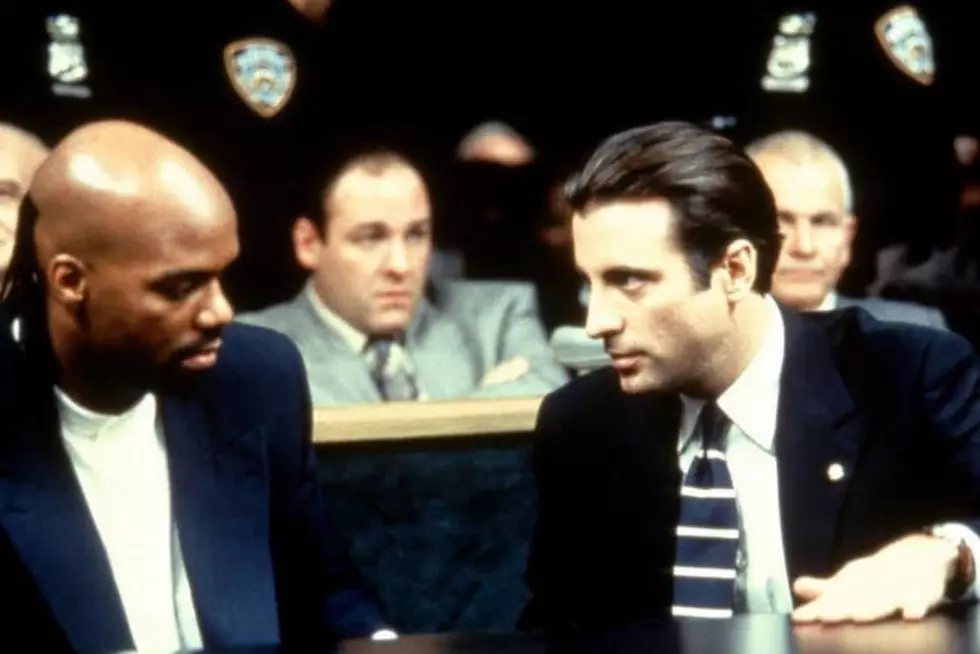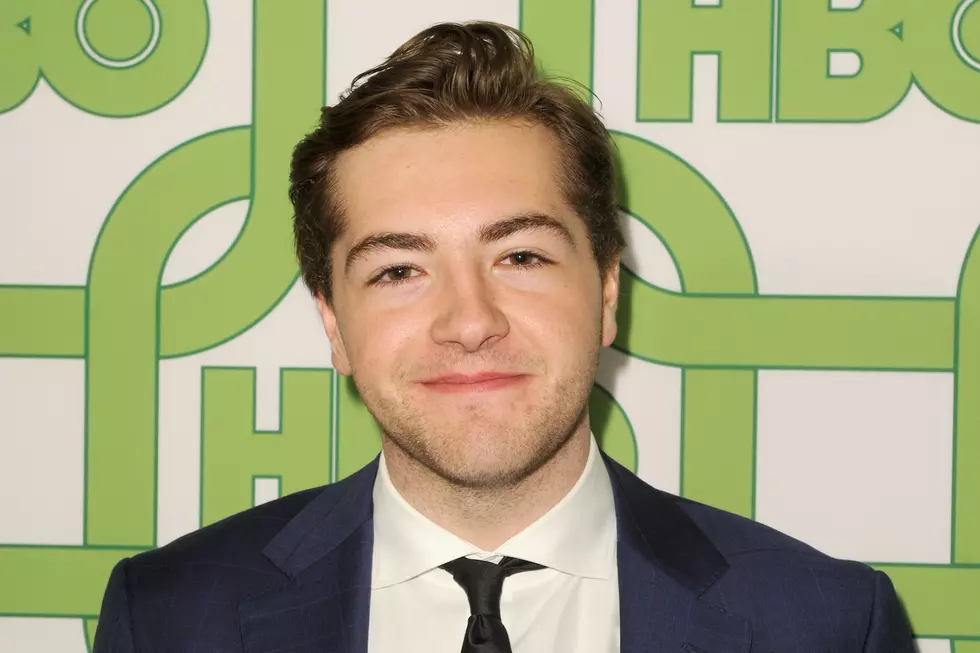
‘Not Fade Away’ Review
Due to the size of the screens and budgets, most television auteurs (Aaron Sorkin, David Milch, Louis C.K.) are writers first and directors second, if at all. In contrast, David Chase, the creator of the watershed series 'The Sopranos' and now the impressive feature 'Not Fade Away,' is the total package. His dialogue is always outstanding -- and the rat-a-tat back-and-forth of a New Jersey Italian family in turmoil will sound mighty familiar to 'Sopranos' fans -- but he's also a naturally gifted visual storyteller, equally at home speaking through images instead of words.
He sets the tone -- and the theme -- from one of the very first shots, the grating blare of a 1950s Emergency Broadcast System test clashing with, and then slowly meshing into the iconic guitar riff from "Satisfaction" by the Rolling Stones. In a single image (and its music), an entire historical background: the fear of the Cold War butting up against the optimism of the '60s.
Next he succinctly introduces his hero, Doug (John Magaro), in two different scenes. First, he's standing outside a music store, staring longingly at the drum kit in the window. Then Chase cuts to a high school talent show where he tracks from the stage through the audience to find Doug seated in the back, jealously coveting the band's attention. We'll learn more about Doug, but we already know the crucial information: he's the outsider, forever looking in at musical success.
I didn't know walking into 'Not Fade Away' that it was Chase telling his own life story, but it very quickly becomes obvious: the level of specificity in this tale of growing up in working class New Jersey, dreaming of rock stardom, clashing with his old-fashioned father Pat ('The Sopranos'' James Gandolfini) is too high to fake. As the film begins just after President Kennedy's assassination, it is still the 1950s everywhere but the calendar on the wall, from the hair to the fashion to the old 'Twilight Zone' reruns Doug and Pat watch together on their black and white television set. "Nothing in this show is what it seems," Doug tells his skeptical father, explaining its appeal. "Life," Pat replies, "is too much what it seems," the first of a number of great lines Gandolfini gets to deliver in a complex performance that deserves an Oscar nomination. Just weeks after JFK's death, The Beatles were first heard on American television, and in another brilliantly concise image, a television news special about Kennedy plays in the background while Doug and his fellow high school students dance to rock 'n roll at a house party. The "real" '60s had officially begun.
The film follows Doug through high school and into his college years -- though never to college itself; Chase remains planted in Doug's hometown in North Jersey, picking up story threads each time he comes home for Thanksgiving or a summer break. He leaves for school a straight-laced kid considering a future in the ROTC. He returns looking like a Bob Dylan wannabe. "You look like you just stepped off the boat!" Pat moans.
Time, which is not on anyone's side in this film, begins to slip (and fade) away. Doug becomes more and more focused on his band, The Twylight Zones, and his romance with a girl from the right side of the tracks, Grace (Bella Heathcote). Weeks and months often pass in the space of a single cut. 'Not Fade Away' often feels less like a movie than a tour of someone's memories. We slide through the moments Chase remembers, and skip past the ones he doesn't. Friendships are forged, tested and ruined; romances are kindled and extinguished; and lives are permanently altered by a mishap with a makeshift toilet paper roll bong.
'Not Fade Away' contains no heroes and no villains, just interesting people and their impossible choices. As he showed time and again on 'The Sopranos,' Chase has a knack for finding the good and the likable in the worst and most unlikable of characters. He sees the talent and idealism in competitive, fame-hungry Doug, and the love and perseverance in antiquated, provincial Pat. He does an admirable job of capturing the passion and fun of The Twylight Zones and their music without glorifying the band as rock gods spurned by a world too dumb to recognize their genius. They start off playing covers of popular songs, then try their hand at originals (when they do, those originals, written by the film's music supervisor and executive producer Steven Van Zandt, sound suspiciously like lost tracks by the E Street Band). Their music is proficient, but forgettable -- just like Chase's real '60s rock band.
Without spoiling too much about the film's ending, Doug eventually begins to consider another career, as someone who blends music and images together as a filmmaker (that's no shock once we realize this is Chase's story -- this is the guy who made 'The Sopranos' instead of singing with them). I have to imagine he would have enjoyed this movie -- it does that very well.
'Not Fade Away' hits theaters December 21.
Matt Singer is a Webby award winning writer and podcaster. He currently runs the Criticwire blog on Indiewire and co-hosts the Filmspotting: Streaming Video Unit podcast. His criticism has appeared in the pages of The Village Voice and Time Out New York and on ‘Ebert Presents at the Movies.’ He lives in Brooklyn with his wife, dog, and a prop sword from the movie ‘Gymkata.’
More From ScreenCrush









